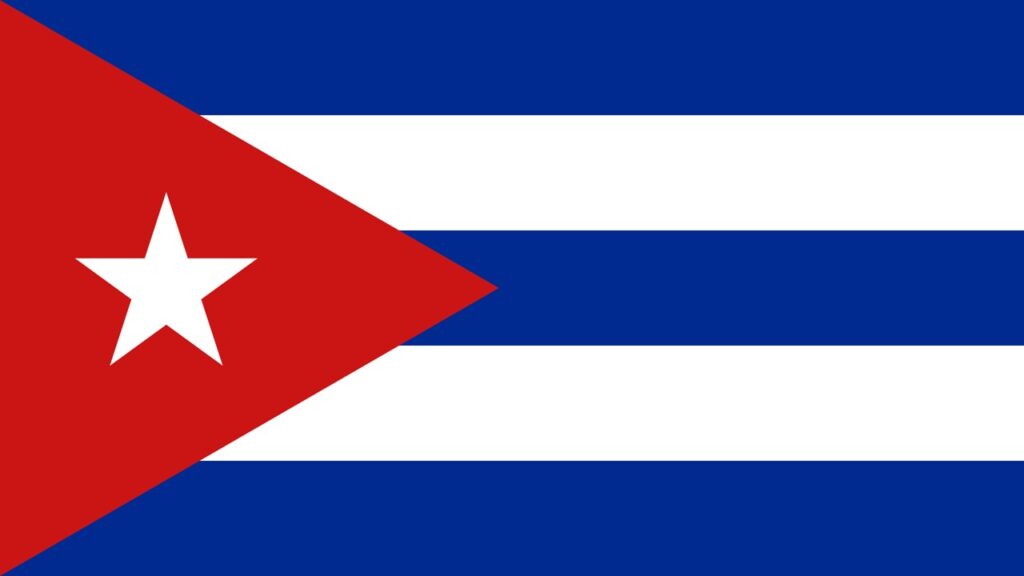How to Study at a Spanish University (2025): A Step-by-Step Guide
Hello! If you’re reading this, it means you’re interested in studying at a Spanish university. For students with a high school diploma from outside Spain, a series of exams must be taken. These exams, known as Selectividad PCE (Specific Competences Test), are part of the UNEDasiss program. Here are the ten steps you need to follow to start your undergraduate studies in Spain.
Academic Requirements
- Graduate from High School: Ensure you have completed your high school education.
- Obtain an Apostille for Your Diploma: This certifies the authenticity of your diploma.
- Translate Your Diploma: If your high school diploma is not in Spanish, have it translated.
- Start the Homologation Process: Begin the process to have your high school diploma recognized in Spain.
- Choose Your University Program: Decide what and where you want to study. This decision will affect your educational path and the entrance exams you’ll need to take. Different Spanish regions and universities have varying admission criteria.
- Prepare for Entrance Exams: Start studying for the PCE exams. Didactys is a great resource, offering guidance through both exam content and the admission process. For more information, you can reach out to them at info@cfalvaro.com or via WhatsApp.
- Apply for the PCE Exam: There are two application periods: one in May or June, and another in September.
- Take the PCE Exam: Choose a UNED testing center for your exam. CFA and Didactys team can assist with this selection.
- Receive Your PCE Exam Score: Wait for your score from UNED.
- Start the Pre-Application Process: With your exam score, apply to your chosen university. You will receive a letter of acceptance by mid-July and begin your studies in September.

Alvaro Pineda Cabrerizo
EdTech Fundador @Didactys / CEO Centro de Formación Álvaro
Following these steps will help you navigate the process of applying and gaining admission to a Spanish university. Good luck on your academic journey!
Required Documents for Non-EU Citizens
- A valid passport
- Medical insurance
- Travel insurance
- Proof of residence in Spain
- Proof of sufficient funds to cover living expenses (amount varies by country)
- A valid student visa (the application process depends on your country of origin)
Frequently Asked Questions
There are 83 universities in Spain, including 50 public and 33 private institutions. Two public universities, like UNED, focus on distance and online learning.
Tuition fees average around €1,500 for public universities and €9,500 for private universities.
Yes, there are scholarships available for various types of students.
The number of subjects depends on your chosen university and degree. Didactys and CFA can guide you through the preparation process.
No, a valid student visa is required for university admission.
Yes, with a valid EU passport, you do not need to complete steps 2, 3, and 4.
Still have doubts?
Ask us whatever you want. You can request a free video call
Solicita una videollamada gratuita
Didactys te ofrece un servicio de asesoría por videollamada sin coste alguno. La videollamada se puede realizar en un horario a convenir y es gratuita.




















Add comment